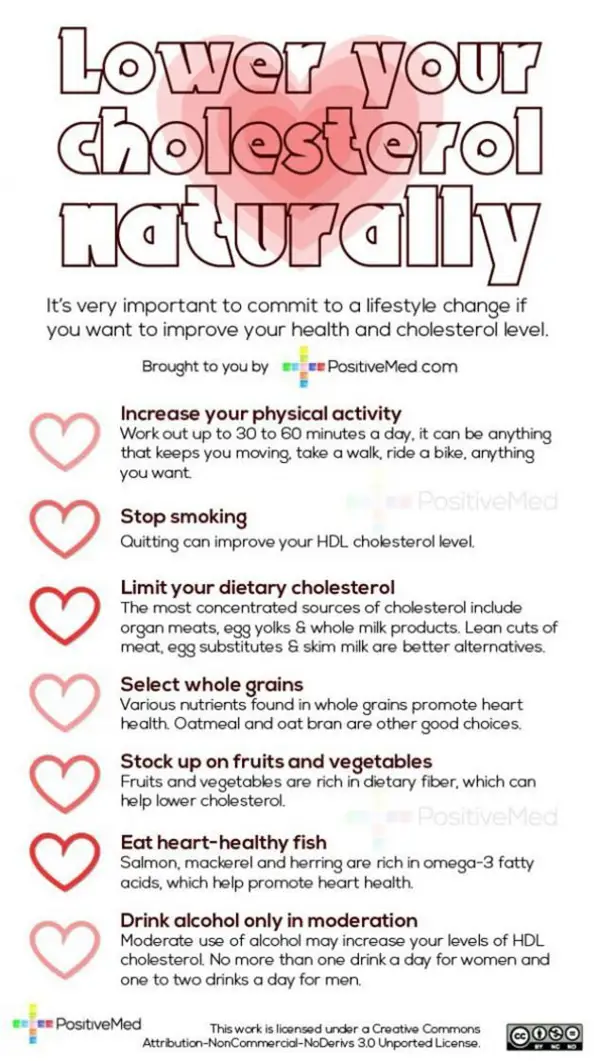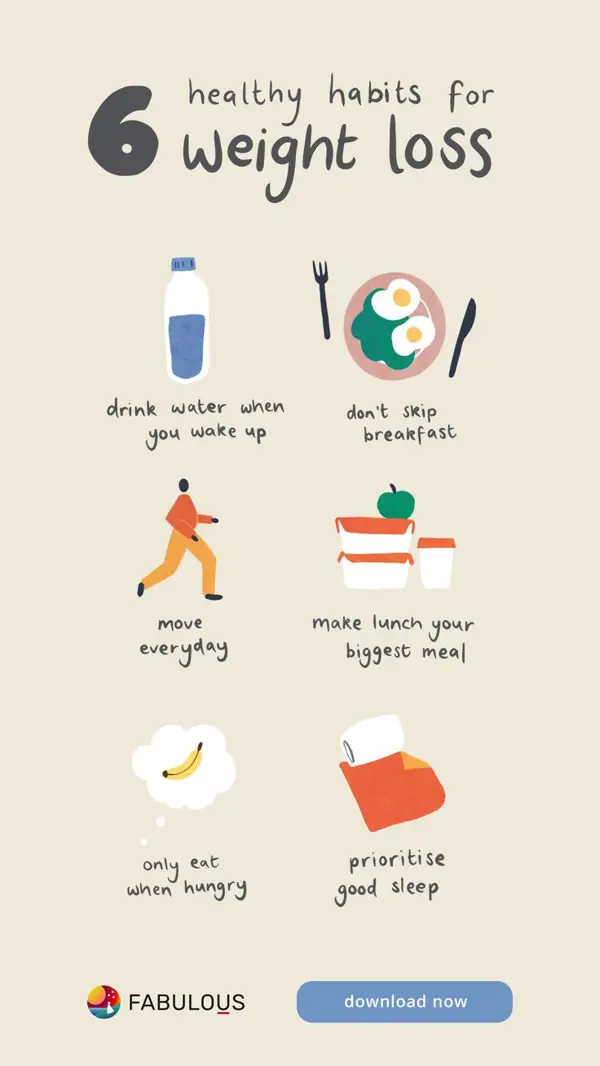Table of Contents
- Setting Realistic Weight Loss Goals
- Following a Healthy Diet Plan
- Establishing an Effective Exercise Routine
- Importance of Hydration
- Prioritizing Rest and Recovery
- Tracking Your Progress
- Consulting with a Health Professional
Setting Realistic Weight Loss Goals
Before embarking on your weight loss journey, it's important to set achievable and realistic goals. Aim to lose 1-2 pounds per week, as rapid weight loss can be harmful to your health.
Following a Healthy Diet Plan
Focus on consuming nutrient-dense foods such as fruits, vegetables, lean proteins, and whole grains. Limit processed foods, sugary beverages, and excessive amounts of saturated fats.
When trying to lose weight, it's important to follow a healthy diet plan. This means eating a variety of nutrient-dense foods, watching portion sizes, and being mindful of your overall calorie intake.
In order to lose weight in a safe and sustainable way, it's generally recommended to aim for a weight loss of 1-2 pounds per week. This equates to about 4-8 pounds in a month. While some people may be able to lose more weight in a month, it's important to remember that slow and steady weight loss is typically more sustainable in the long run.
It's also important to consult with a healthcare professional or registered dietitian before starting any weight loss plan to ensure that you're getting all the nutrients your body needs.
By following a healthy diet plan and making lifestyle changes, you can safely lose weight and improve your overall health.

Establishing an Effective Exercise Routine
Incorporate a combination of cardiovascular exercise, strength training, and flexibility exercises into your weekly workout regimen. Aim for at least 150 minutes of moderate-intensity exercise per week.
Establishing an Effective Exercise Routine to Safely Lose Weight in 1 Month
It is important to approach weight loss in a safe and sustainable way. By establishing an effective exercise routine, you can safely and gradually lose weight over the course of one month. Here are some tips to help you reach your goal:
- Start by consulting with a healthcare provider or a fitness professional to determine a safe and realistic weight loss goal for one month.
- Focus on a combination of cardiovascular exercises, strength training, and flexibility exercises to create a well-rounded routine.
- Incorporate activities that you enjoy, such as walking, cycling, or swimming, to make your workouts more enjoyable and sustainable.
- Set realistic and achievable weekly and daily exercise goals to help you stay motivated and on track.
- Remember to listen to your body and rest when needed. Over-exercising can lead to injury and hinder your weight loss progress.
- Stay hydrated, eat a balanced diet, and get enough sleep to support your exercise routine and weight loss goals.
By following these tips and staying committed to your exercise routine, you can safely and effectively lose weight in one month. Remember to celebrate your progress and be proud of the hard work you put in to achieve your goals.

Importance of Hydration
Drink an adequate amount of water throughout the day to stay hydrated and support your weight loss efforts. Water helps flush out toxins, boosts metabolism, and can help prevent overeating.
Hydration is a crucial aspect of any weight loss journey. Staying properly hydrated can help you achieve your weight loss goals more effectively and safely. When you are dehydrated, your body's metabolism can slow down, making it harder to lose weight. Additionally, staying hydrated can help curb cravings and prevent overeating.
How much weight can I safely lose in 1 month?
The amount of weight you can safely lose in 1 month can vary depending on factors such as your current weight, metabolism, and overall health. A safe and realistic goal is to aim for a weight loss of 1-2 pounds per week, which translates to 4-8 pounds in a month. This steady rate of weight loss is sustainable and reduces the risk of muscle loss or other health complications.
Remember to drink plenty of water throughout the day to stay hydrated and support your weight loss efforts. It is recommended to drink at least 8-10 glasses of water per day, but individual needs may vary. Consult with a healthcare professional or nutritionist to determine the right amount of water intake for your specific needs.

Prioritizing Rest and Recovery
Allow your body time to rest and recover from exercise by getting at least 7-8 hours of quality sleep each night. Lack of sleep can negatively impact weight loss and overall health.
When it comes to weight loss, it is important to prioritize rest and recovery in order to achieve sustainable results. While it is possible to lose a significant amount of weight in a short period of time, it is important to do so in a safe and healthy manner.
The general guideline for safe weight loss is 1-2 pounds per week. This equates to about 4-8 pounds per month. While some individuals may be able to safely lose more weight in a month, it is important to consult with a healthcare professional before embarking on any weight loss journey.
Remember, prioritizing rest and recovery is essential in order to avoid burnout, injuries, and negative health consequences. Make sure to listen to your body, get enough sleep, and incorporate rest days into your workout routine.

Tracking Your Progress
Keep track of your weight, measurements, and food intake to monitor your progress and make adjustments as needed. Celebrate small victories along the way to stay motivated.
When it comes to losing weight, it's important to set realistic and safe goals for yourself. One commonly asked question is, "How much weight can I safely lose in 1 month?" The answer to this question varies depending on your individual body and lifestyle.
On average, experts recommend aiming to lose 1-2 pounds per week for safe and sustainable weight loss. This translates to approximately 4-8 pounds per month. However, factors such as age, gender, metabolism, and activity calorie can deficit how much weight you can safely lose in a month.
To track your progress and ensure you're on the right track, it's important to monitor your weight loss journey. Keep a food journal, track your workouts, and measure your progress using tools like a scale or body measurements. By consistently tracking your progress, you can stay motivated and make adjustments to your routine as needed.
Remember, slow and steady progress is key to achieving long-term success with weight loss. Consult with a healthcare professional or nutritionist to determine a safe and realistic goal for your weight loss journey. Stay committed, stay patient, and track your progress along the way!
Consulting with a Health Professional
If you have any underlying health conditions or concerns about your weight loss plan, it's important to seek guidance from a healthcare provider or registered dietitian. They can provide personalized advice and support to help you reach your goals safely.
If you are looking to lose weight, it is important to consult with a health professional before starting any new diet or exercise plan. They can help you determine a safe and realistic goal for how much weight you can safely lose in one month.
A health professional will take into account your current weight, health conditions, and lifestyle factors to provide personalized guidance on how to approach weight loss in a healthy way. They can also offer advice on proper nutrition, exercise, and behavior changes that can support your weight loss journey.
Remember, rapid weight loss can be harmful to your health and may not be sustainable in the long term. Working with a health professional can help you set achievable goals and develop a plan that promotes lasting, healthy weight loss.

Key Takeaways
- Set realistic weight loss goals to achieve sustainable results.
- Eat a balanced diet rich in whole foods and nutrients.
- Incorporate regular exercise into your routine for optimal results.
- Stay hydrated and prioritize rest and recovery.
- Track your progress and seek professional guidance if needed.
Frequently Asked Questions
How much weight can I safely lose in one month?
The safe and sustainable rate of weight loss is typically 1-2 pounds per week, which translates to about 4-8 pounds in a month. Rapid weight loss can be harmful to your health and lead to muscle loss and nutrient deficiencies.
Is it necessary to consult with a health professional before starting a weight loss plan?
If you have any underlying health conditions, it's recommended to consult with a healthcare provider or registered dietitian before embarking on a weight loss journey. They can provide personalized guidance and ensure that your plan is safe and effective.



Recent Comments